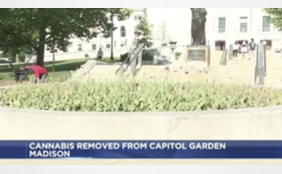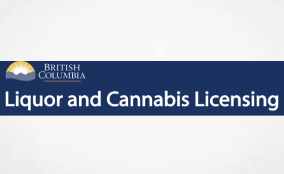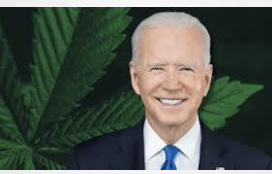As cannabis growers and retailers struggle with the complex and onerous regulatory scheme governing California’s emerging legal marijuana marketplace, they may be excused for overlooking the requirements of CaliforniaSafe Drinking Water and Toxic Enforcement Act of 1986—more commonly known as Proposition 65. Neither theMedicinal and Adult-Use Cannabis Regulation and Safety Act(MAUCRSA), nor its implementing regulations, reference or suggest that cannabis growers or retailers are subject to Proposition 65. Yet, Proposition 65 plainly applies to cannabis and cannabis products, and ignorance of its requirements can prove costly to fledgling and established cannabis businesses alike.
Proposition 65 requires California to publish and update annually a list of chemicals known to the State to cause cancer, birth defects or other reproductive harm (the “Listed Chemicals”). It further requires businesses to provide “clear and reasonable” warnings to California residents before exposing them to one or more of the over 900 Listed Chemicals above the established regulatory “safe harbor” levels. Such exposures can be from consumer products, in workplaces or in the environment and therefore require different types of warnings.
Proposition 65 is enforced entirely through litigation; it vests the Attorney General with primary enforcement responsibility, but also allows any individual or organization “acting in the public interest” to sue a business for purported violations, and seek penalties of up to $2,500 per violation per day. Because private enforcers can potentially recover their attorney fees and 25% of any penalties assessed, Proposition 65 has spawned a cottage industry for “bounty hunter” plaintiffs who pursue costly enforcement actions against unwary businesses that fail to warn of potential exposures to even trace amounts of a Listed Chemical.
Cannabis and cannabis products are not immune from these enforcement actions. Since California added “marijuana smoke” as a Listed Chemical in 2009, cannabis and cannabis products have become notable targets for enforcement—a trend that has only increased since California passed Proposition 64 legalizing recreational marijuana use effective January 1, 2018. Over the past four years, for example, private enforcers have issued over 800 Proposition 65 notices of violation to cannabis businesses alleging violations of Proposition 65’s warning requirements. And while “marijuana smoke” is an obvious target for enforcement, other Listed Chemicals commonly found in both edible or smokable cannabis products, including “beta-Myrcene” and “isoprene” (common hydrocarbons found in cannabis plant oils), and “Myclobutanil,” and “Carbaryl” (pesticides and fungicides used to grow cannabis plants), can also be targets for enforcement.
You Tube video

















